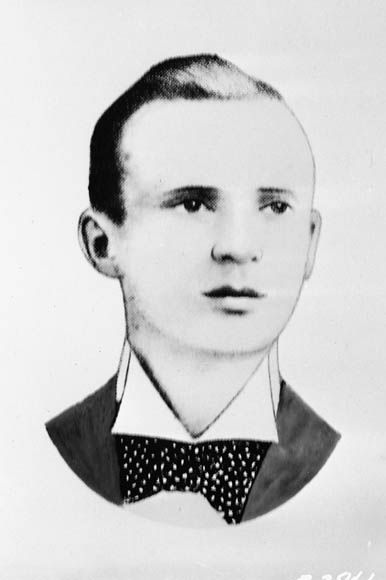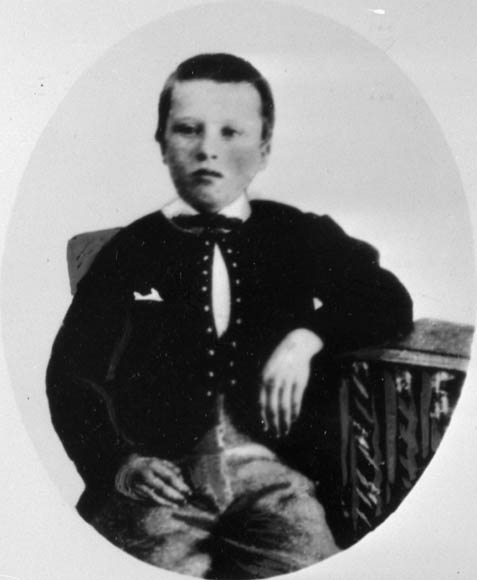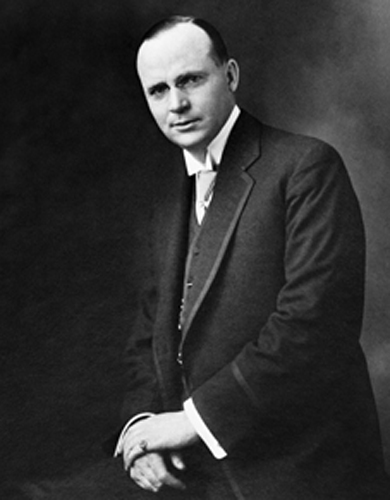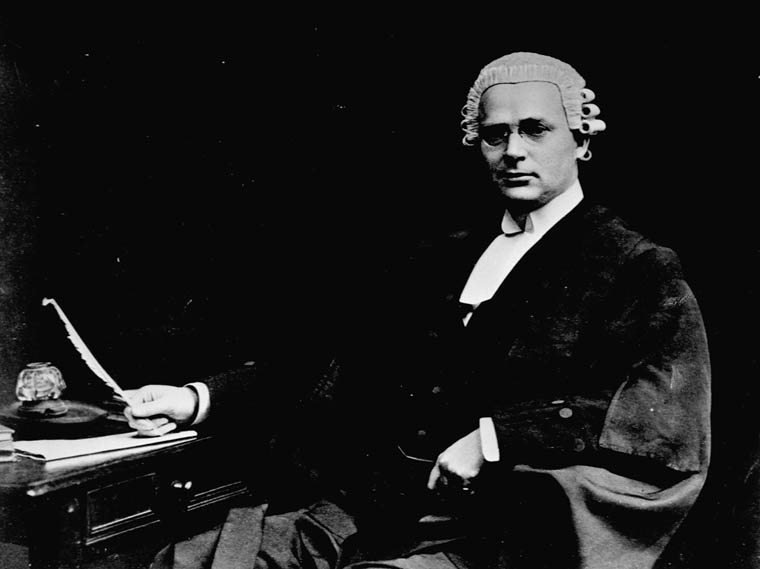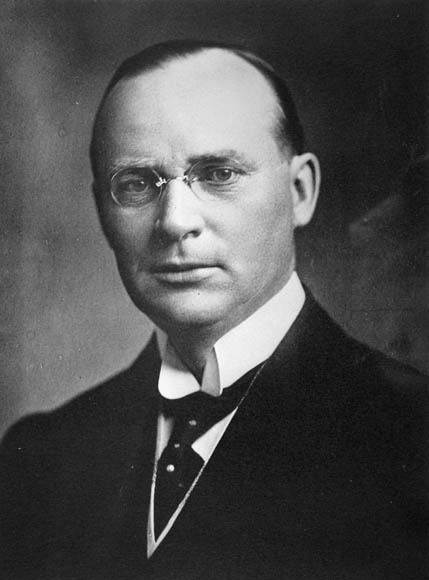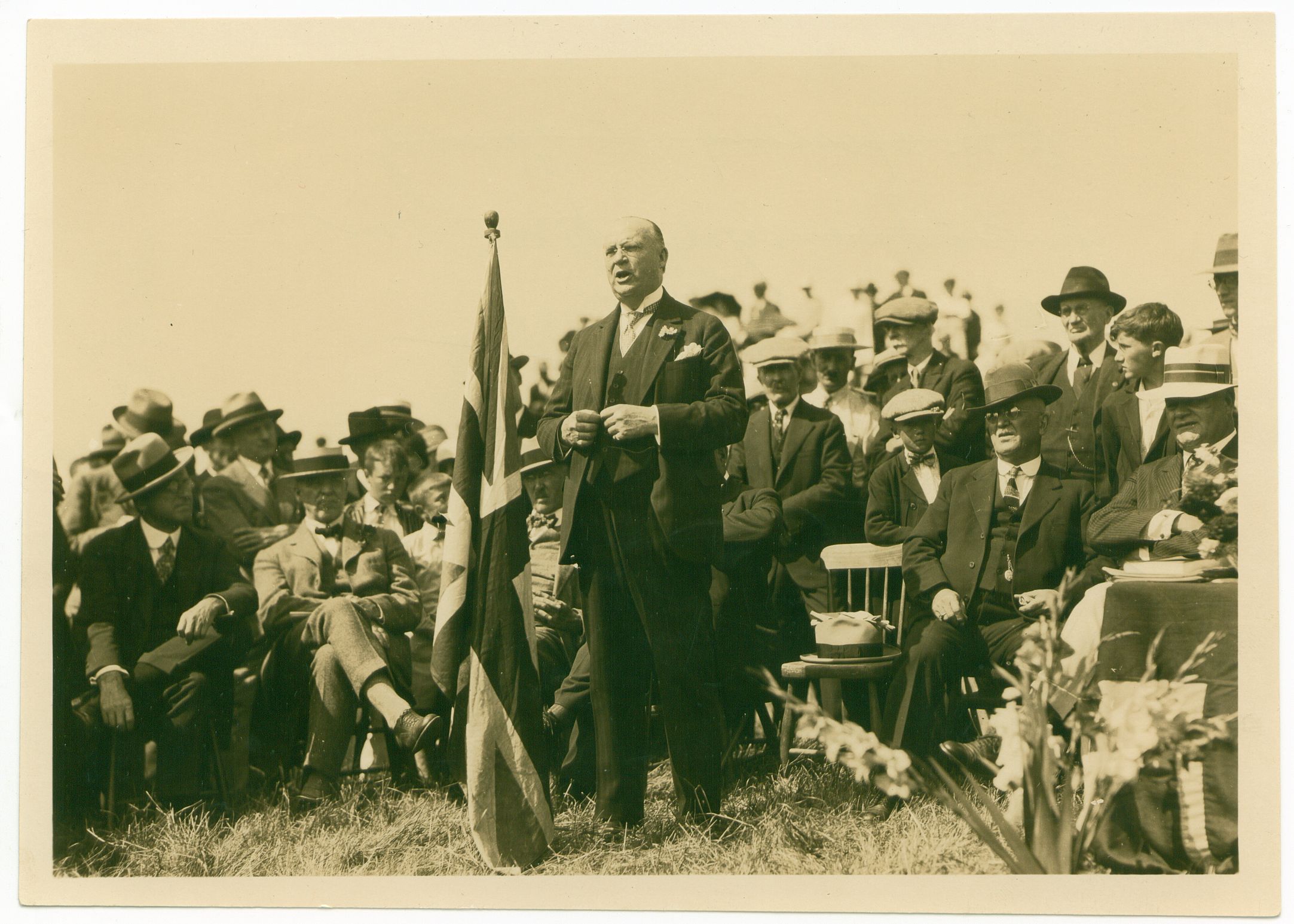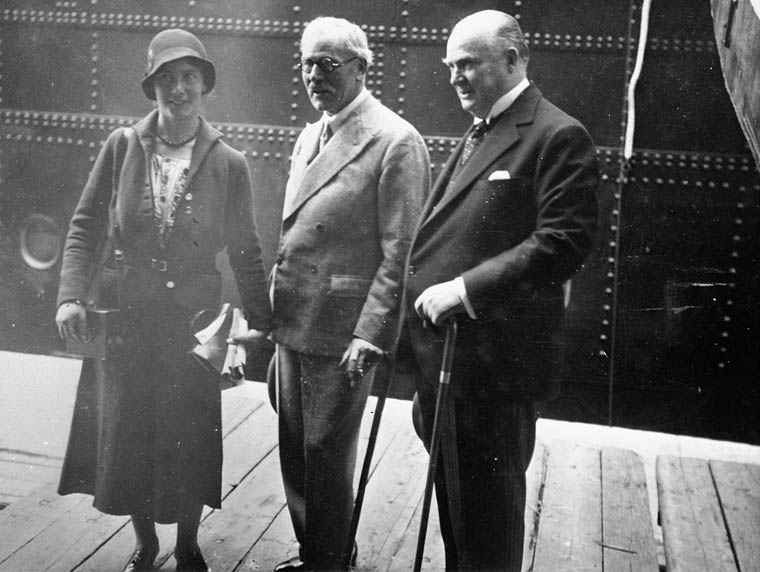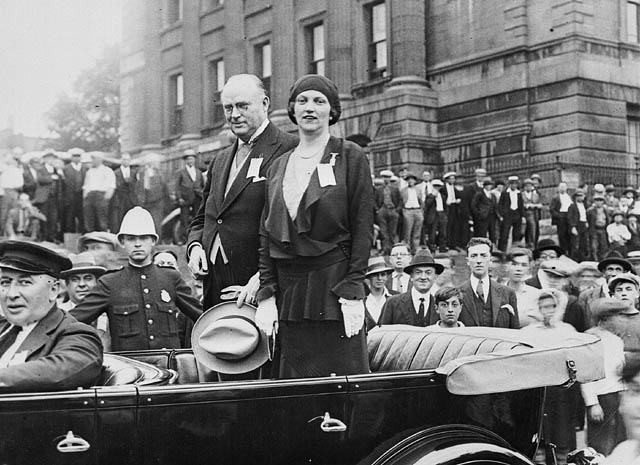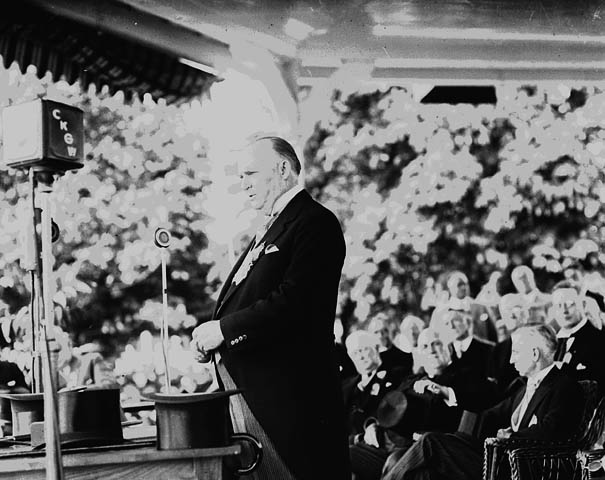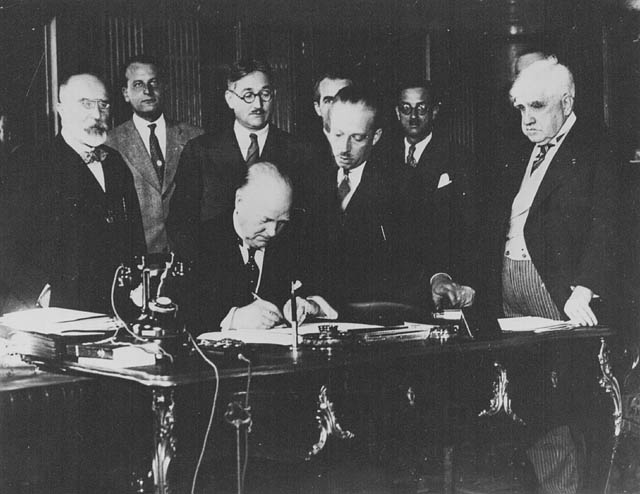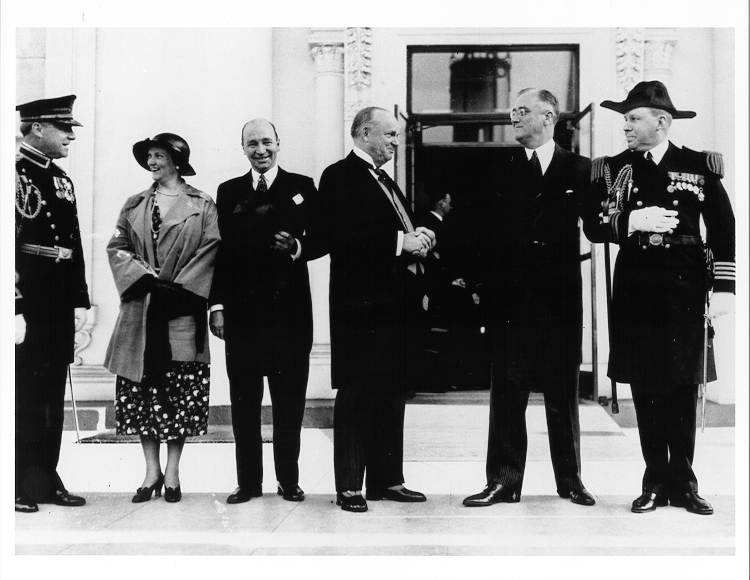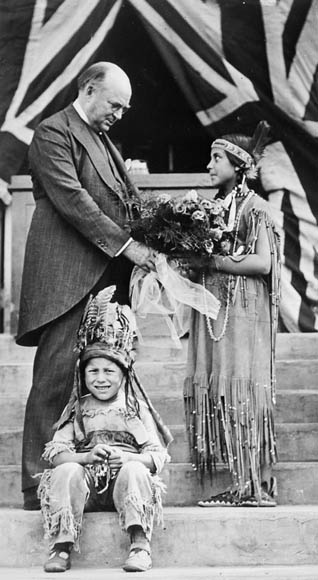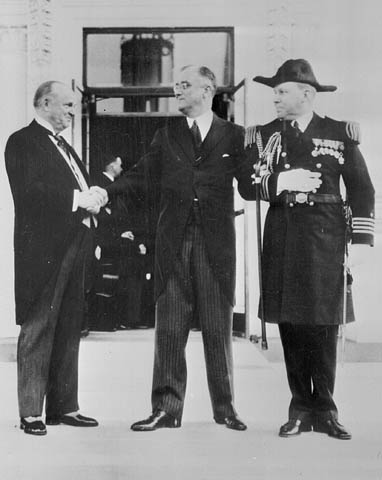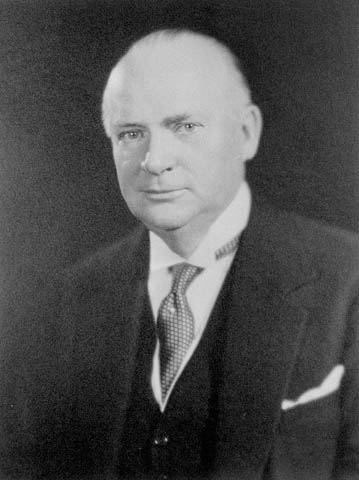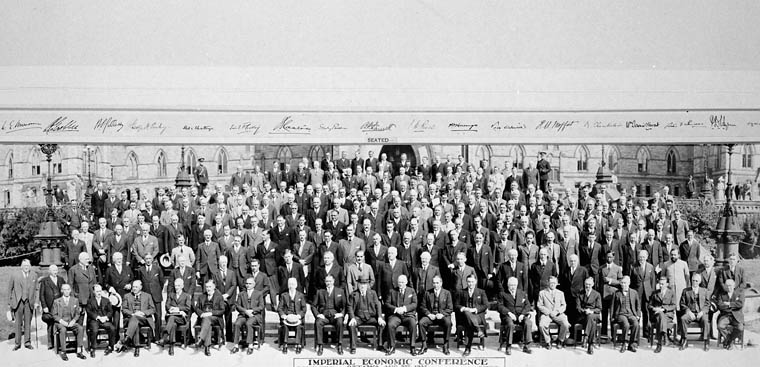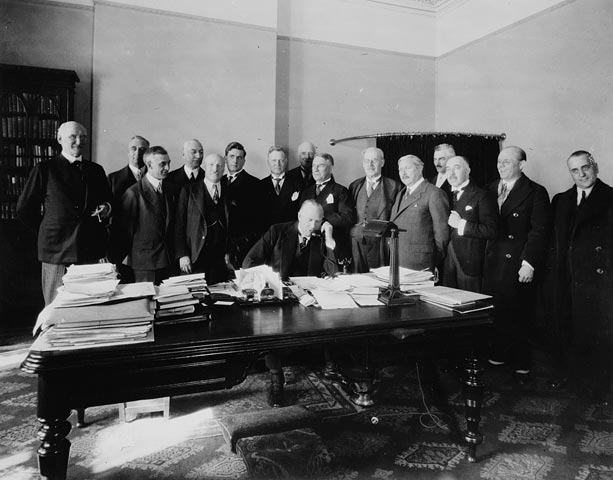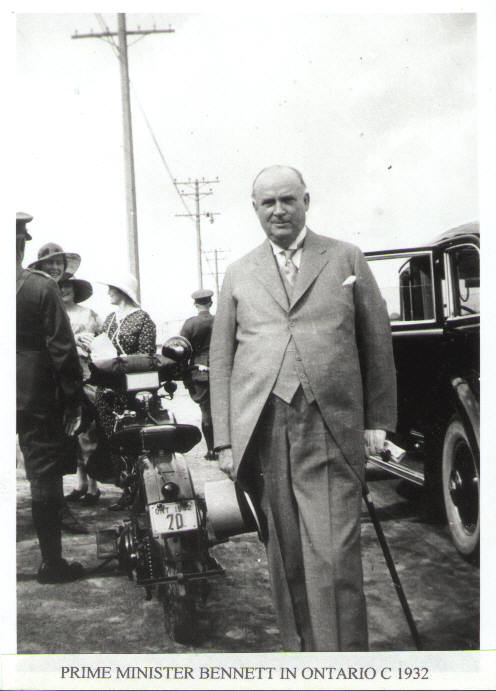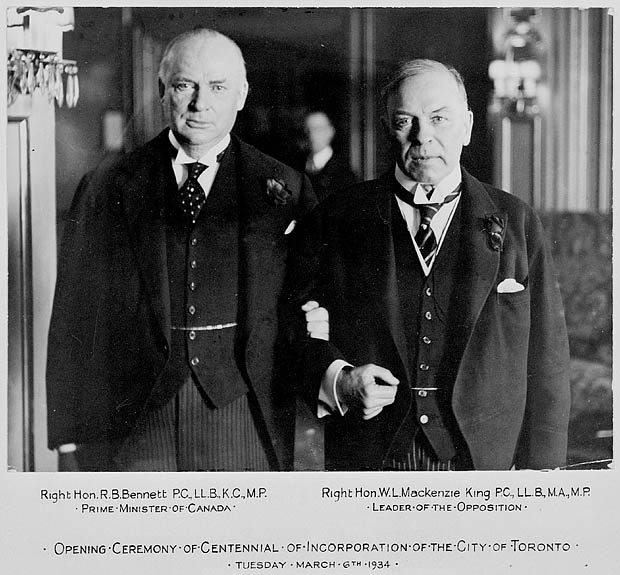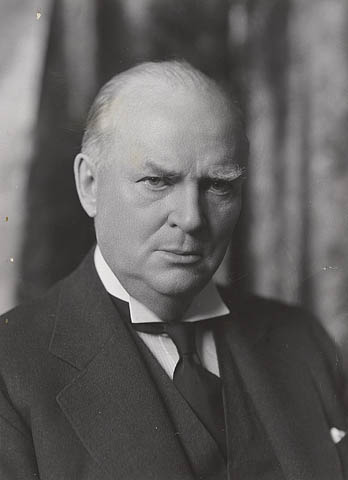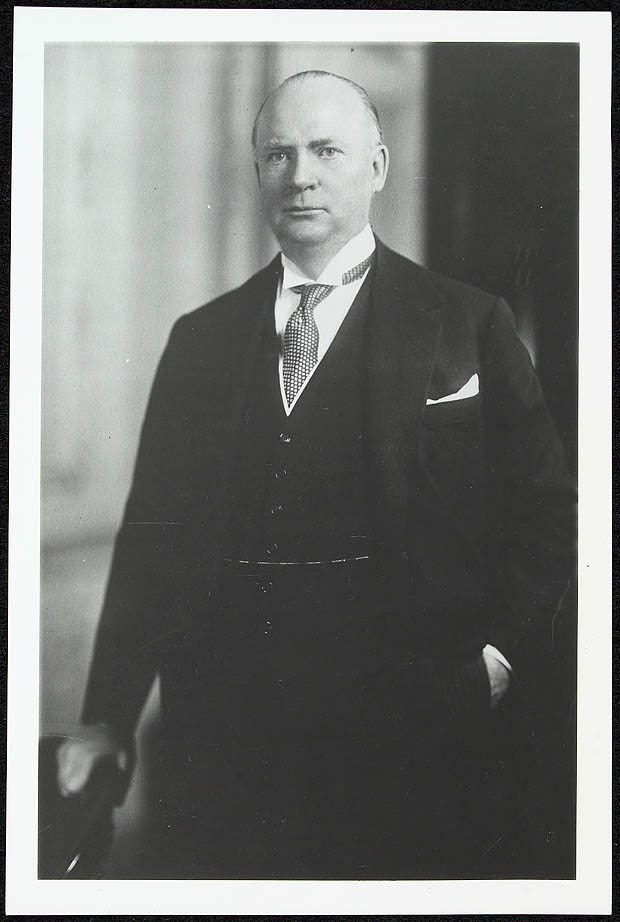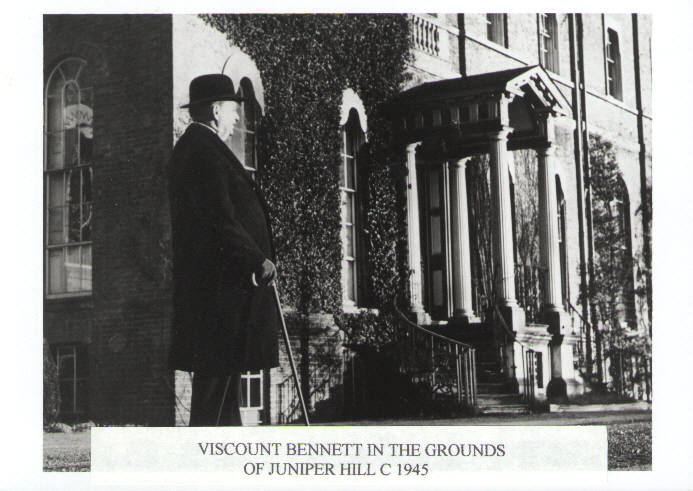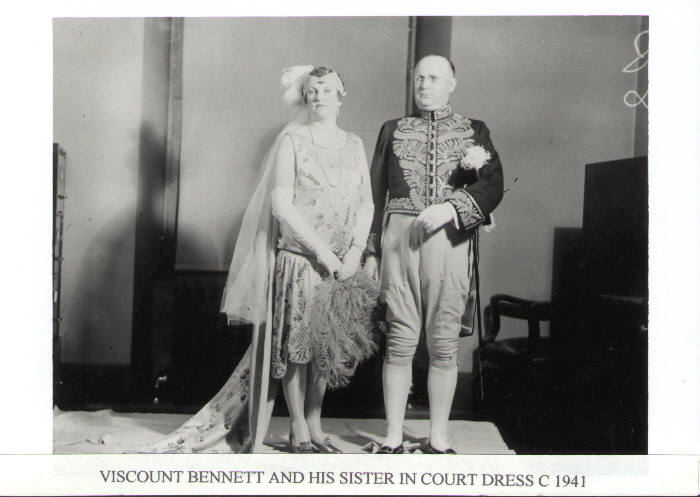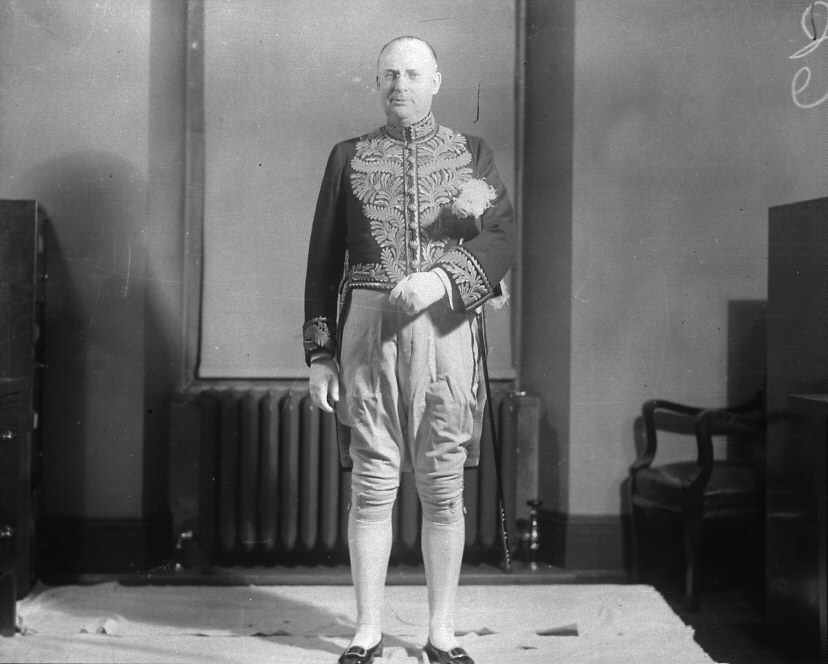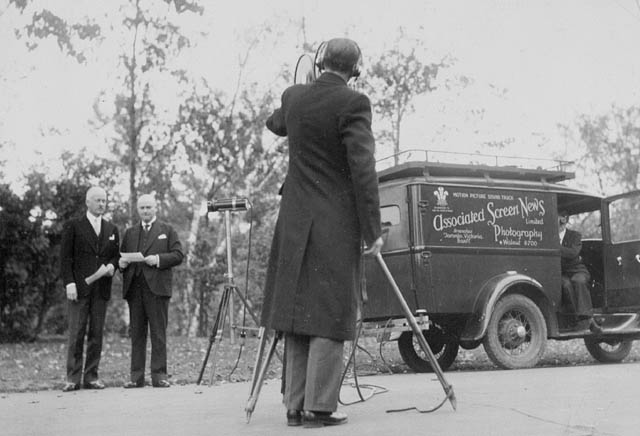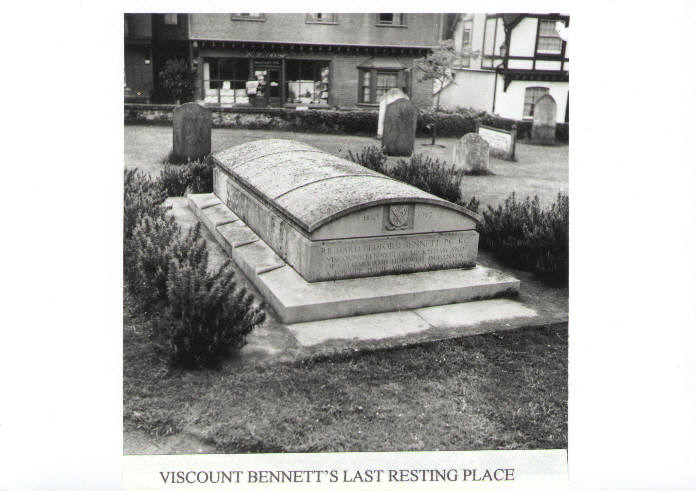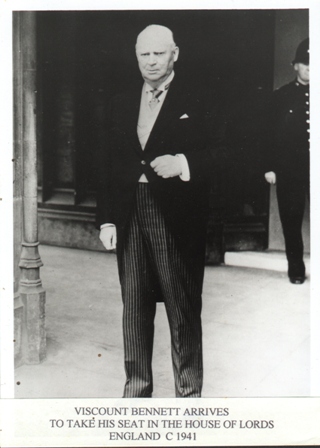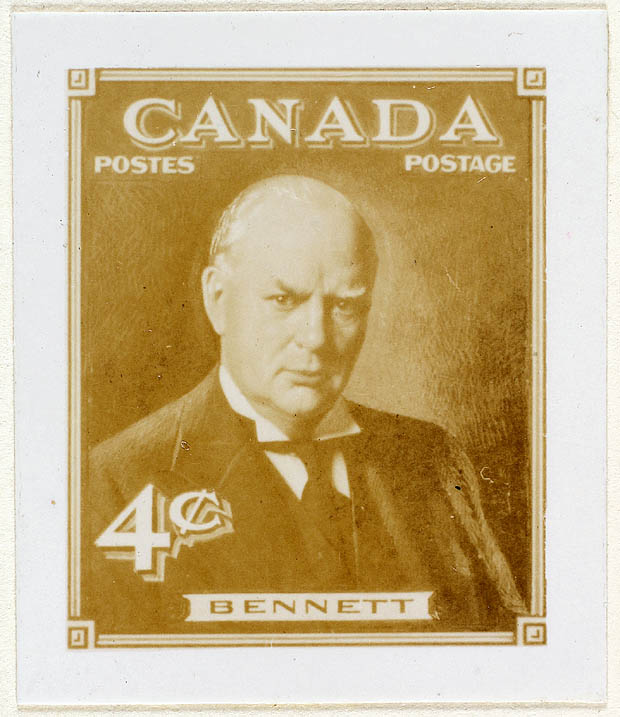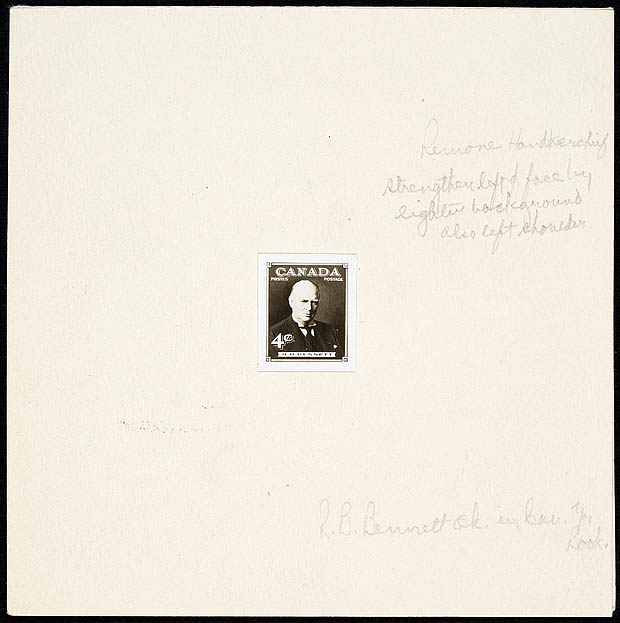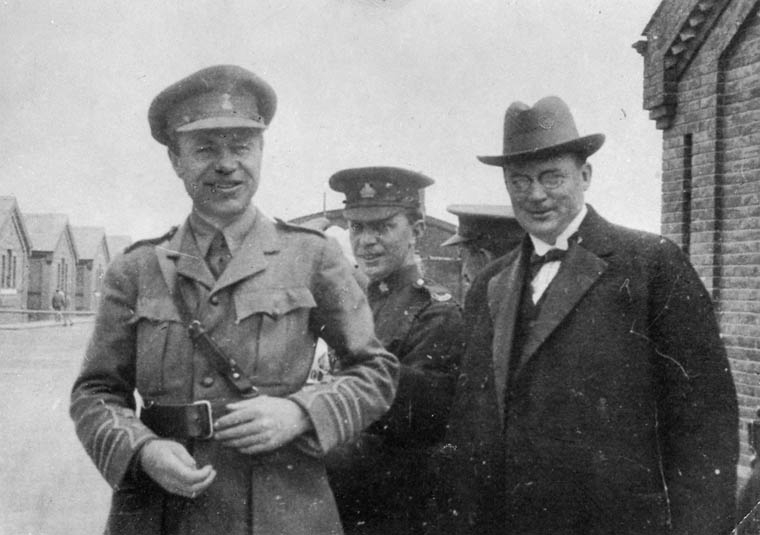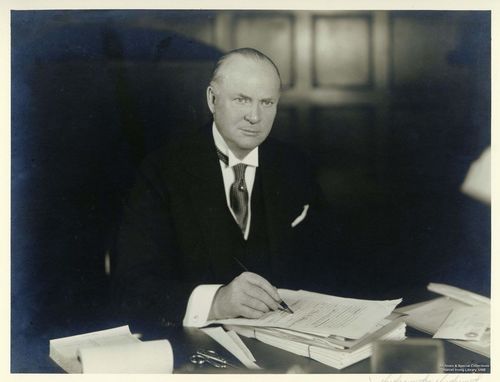
Richard Bedford Bennett (1870-1947)
was Canada’s eleventh Prime Minister and leader of the Conservative government from August 7th, 1930 to October 23rd, 1935, a period of tribulation that encompassed the worst years of the Great Depression.
Born on July 3rd, 1870 to Henrietta Stiles and Henry Bennett, a ship-building family, R. B. Bennett grew up in Hopewell Cape. His early education was rudimentary, but his mother instructed him in the classics. After teaching school for a few years, Bennett graduated from Dalhousie University in 1893 and practiced law in Chatham, New Brunswick for four years before moving to Calgary in what was then the Northwest Territories.
He served as Member of the Assembly of the Territories for six years before being elected MLA and Leader of the Opposition (1909-1911) in the new Alberta Legislature. He was president of the Calgary Power Company (1910-1920) and legal counsel for the Canadian Pacific Railway for many years. Bennett entered national politics and represented the constituency of Calgary East from 1911 to 1917, then Calgary West from 1925 to 1939.
R. B. Bennett held many portfolios during his years in government including: Director-General of National Service (1914-1917); Minister of Justice and Attorney General (1921); Minister Without Portfolio (1926); Minister of Finance (1926); Receiver General (1926, 1930-1932); Minister of Mines and Interior and Superintendent of Indian Affairs (1926); Secretary of State for External Affairs and President of the Privy Council (1930-1935). In 1927 he was elected leader of the Conservative Party. Bennett was an excellent parliamentarian and debater who strengthened his party leading up to the election of 1930.
Elected Prime Minister of Canada in 1930 with a strong majority, Bennett campaigned on a platform to provide progressive action to deal with the serious economic situation that would become known as The Great Depression. As the global economic depression continued to worsen, voters turned to governments for security that the economy could not provide. Traditional government measures which Bennett advocated, such as supporting the dollar and maintaining tariffs for dealing with deflation and unemployment, proved to be ineffective. Later, the new federal social welfare measures he introduced, such as early unemployment insurance and public work programs, called the “Bennett New Deal”, showed some early results during the last six months of his term, although they shocked many of his Conservative colleagues at the time. As the Depression continued amid declining provincial revenues that approached bankruptcy, especially in the West, the federal government had to contribute more to relief costs, further limiting Bennett’s programs through loss of government credit and revenues. As a result, Bennett faced isolation and major dissent across the country and even within his own party. The blame and responsibility for The Great Depression was attributed to Bennett personally with the Conservatives losing the election of 1935.
While Prime Minister of Canada R. B. Bennett created many progressive programs. He passed the Relief Act (1932); created the Canadian Broadcasting Commission (forerunner of the CBC); the central Bank of Canada (1935); and the Canadian Wheat Board (1935). In addition, Bennett signed the Statute of Westminster making the Canadian Parliament fully independent in its decisions.
After suffering political and personal family losses, feeling no longer wanted as their Prime Minister by the people of Canada, and betrayed by his own Party, Bennett reconsidered a suggestion made to him in earlier years by his old friend Max Aitken (Lord Beaverbrook) and moved to England to live and continue his law practice. In 1941 R. B. Bennett was made Viscount (of Mickleham, Calgary and Hopewell) and joined the House of Lords. His health gradually deteriorated until his death at home in Mickelham in 1947. He was buried there in the ancient churchyard; the only Prime Minister not interred in Canada. Noted for his strong personality, decisiveness, and dedication to Canada, Bennett was personally generous with his acquired wealth during his lifetime and, by the direction of his estate, remains a benefactor to Canadians.
